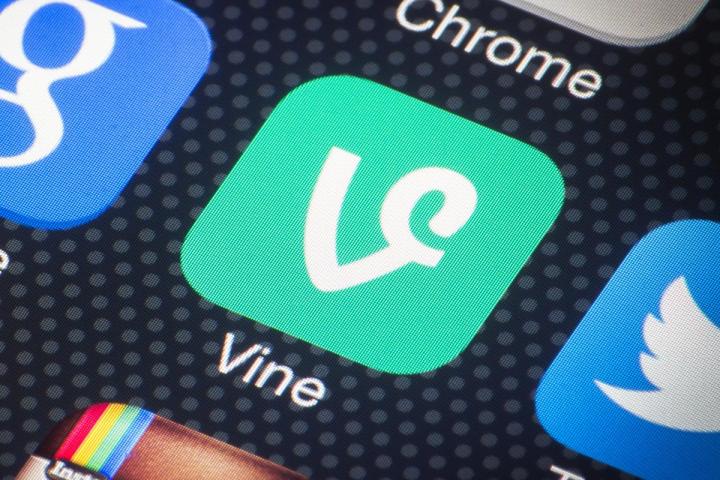
Twitter, which owns the video-looping site, has been contacting users to inform them of the breach.
Vine fans will recall all too well how Twitter ended users’ ability to upload content to the app at the start of 2017, replacing it with the Vine Camera app that lets users create videos for Twitter or simply save them to a phone. The Vine website now acts as an archive for the millions of videos created by its users over the service’s three-year lifespan, and it’s this site which appears to have been at the center of the breach.
In a message sent directly to Vine account holders, the social media company said it’d recently discovered that users’ email addresses and phone numbers had been exposed. No passwords or other personal data are thought to have been involved.
It reassured users that the information “can’t directly be used to access your account, and we have no information indicating that it has been misused,” adding that it fixed the bug within 24 hours of its discovery.
As a result of the incident, Twitter urged Vine account holders to be “cautious if you receive emails or text messages from unknown senders. Please keep in mind that Vine will only send you communications from @twitter.com, and we will never send emails with attachments or request your password by email.”
Twitter later posted a public message on Medium containing essentially the same information it sent to users.
It’s not clear how or where the data may have been viewed, and it’s quite possible nothing will come of it, but Twitter deemed the incident serious enough to inform users and warn them to be wary of suspicious-looking emails.
Editors' Recommendations
- This Twitter vulnerability may have revealed owners of burner accounts
- The iPhone 12 Pro Max may have a special mode for advanced night photography
- A Twitter bug could use your phone number to expose personal information
- Adobe left millions of Creative Cloud user records exposed online


